Interviewee
Mr. Tsuyoshi Fukuda, Vice Executive Officer, Customer Service Unit Customer Service & Engagement Division
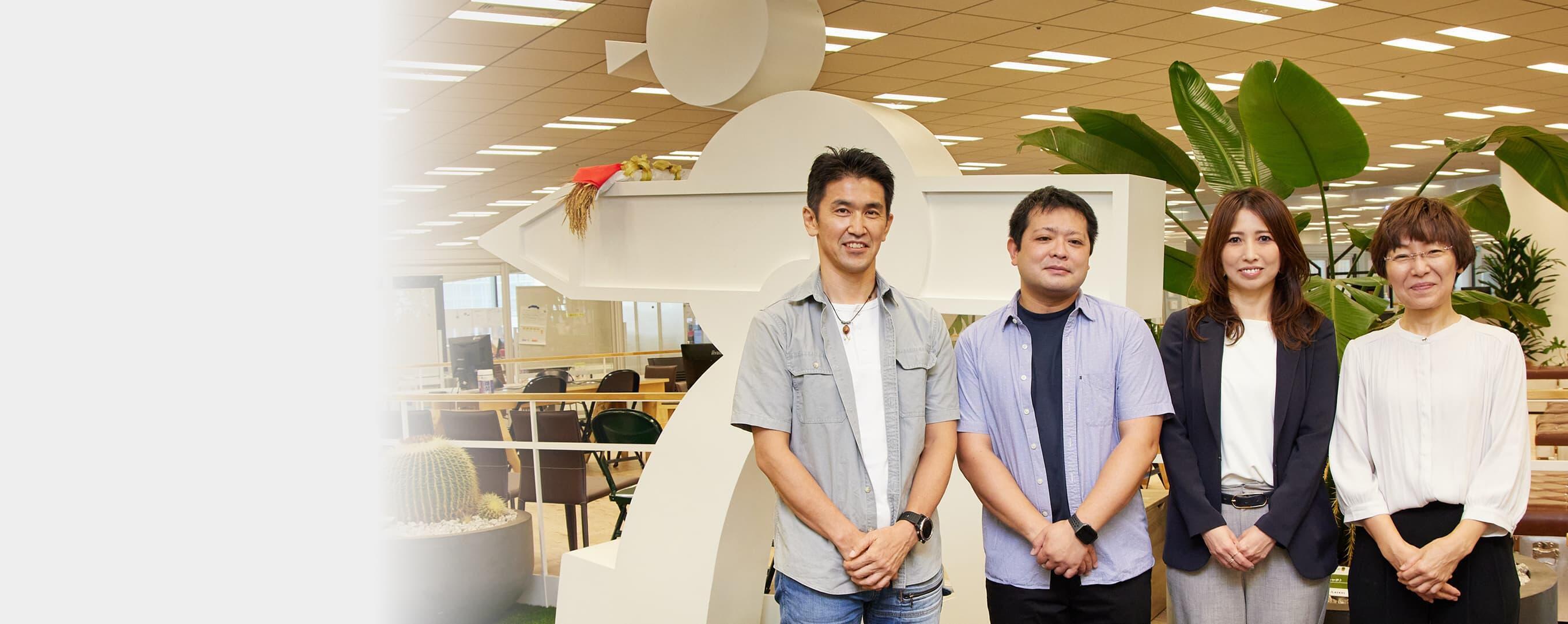
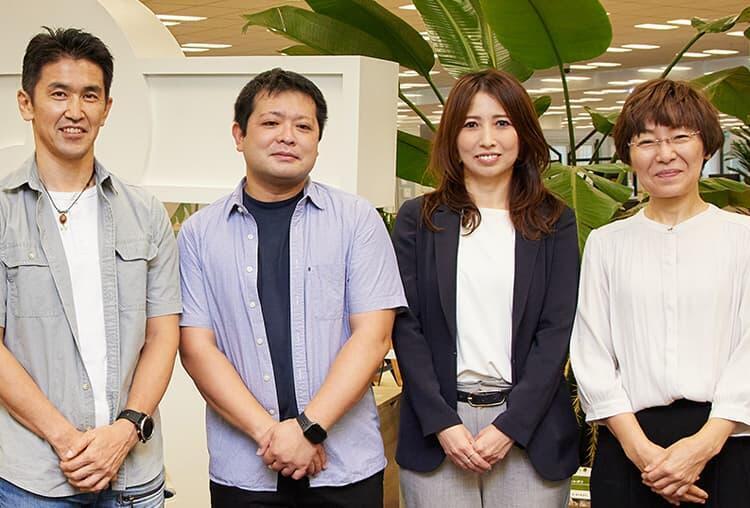
A business related to people's everyday lives,such as infrastructure
Considering establishing work-from-home contact centers
Maintain stable employment by improving retention rate
Ensure business continuity when the unexpected strikes by establish a work-from-home environment
Establish a support system that keeps high productivity and service quality under natural disaster or global pandemic
Reduce the risk of infection among the employees on their commute or their physical contact during the spread of infection
Contact center
Established a hybrid system of home-based and center-based operation with partially home-based customer support desks
Established a hybrid operation of home and center to ensure business continuity when the unexpected strikes
Reduced the turnover rate with work-from-home availability
Eliminated the risk of infection and anxiety of employees on commuting and on their physical contact during the spread of infectious diseases
Mr. Tsuyoshi Fukuda, Vice Executive Officer, Customer Service Unit Customer Service & Engagement Division
As an infrastructure company that supports all workplaces and lifestyles, ASKUL Corporation (hereinafter referred to as “ASKUL”) delivers necessary goods and services to customers throughout Japan at the fastest possible speed every day. Even during the pandemic, it was essential for ASKUL to embody its purpose (reason for being): “We will continue to bring ‘joy’ to the workplace, to people’s lives, and to the future of the Earth.”
"Even before the COVID-19 pandemic, we had been working to establish multiple business bases and had built a BCP (Business Continuity Plan) system that would allow us to respond at other bases even if one of them was not operational. However, with the outbreak of the pandemic, we were faced with a situation where it was difficult to continue business throughout Japan. I never thought that the situation would become so difficult all over Japan at the same time,” said Mr. Fukuda.
He said that in order to continue business operations even with a state of emergency declared, the first step was to have ASKUL employees and contractors who did not handle customer information be home-based. “We switched our operations to home-based operations starting with those with low external risk, but the customer centers, which respond directly to customer inquiries, were put on the back burner because of the equipment, security, and operational challenges they faced."
Under such circumstances, BELLSYSTEM24, which has been undertaking customer service desk operations for ASKUL for a long time, proposed a “hybrid operation of home and center.” “At around that time, our company was facing the problem: 'While ASKUL employees work from home and have little health risk, our customer center staff have a health risk because they work at the center. We need to improve this situation.’ Therefore, with the cooperation of BELLSYSTEM24, which has extensive know-how and experience in work from home, we decided to move forward with making our customer centers home-based,” said Mr. Fukuda.
In response to this decision, ASKUL and BELLSYSTEM24 established a project structure that transcended the boundaries between the two companies and began working together to realize the work-from-home system.
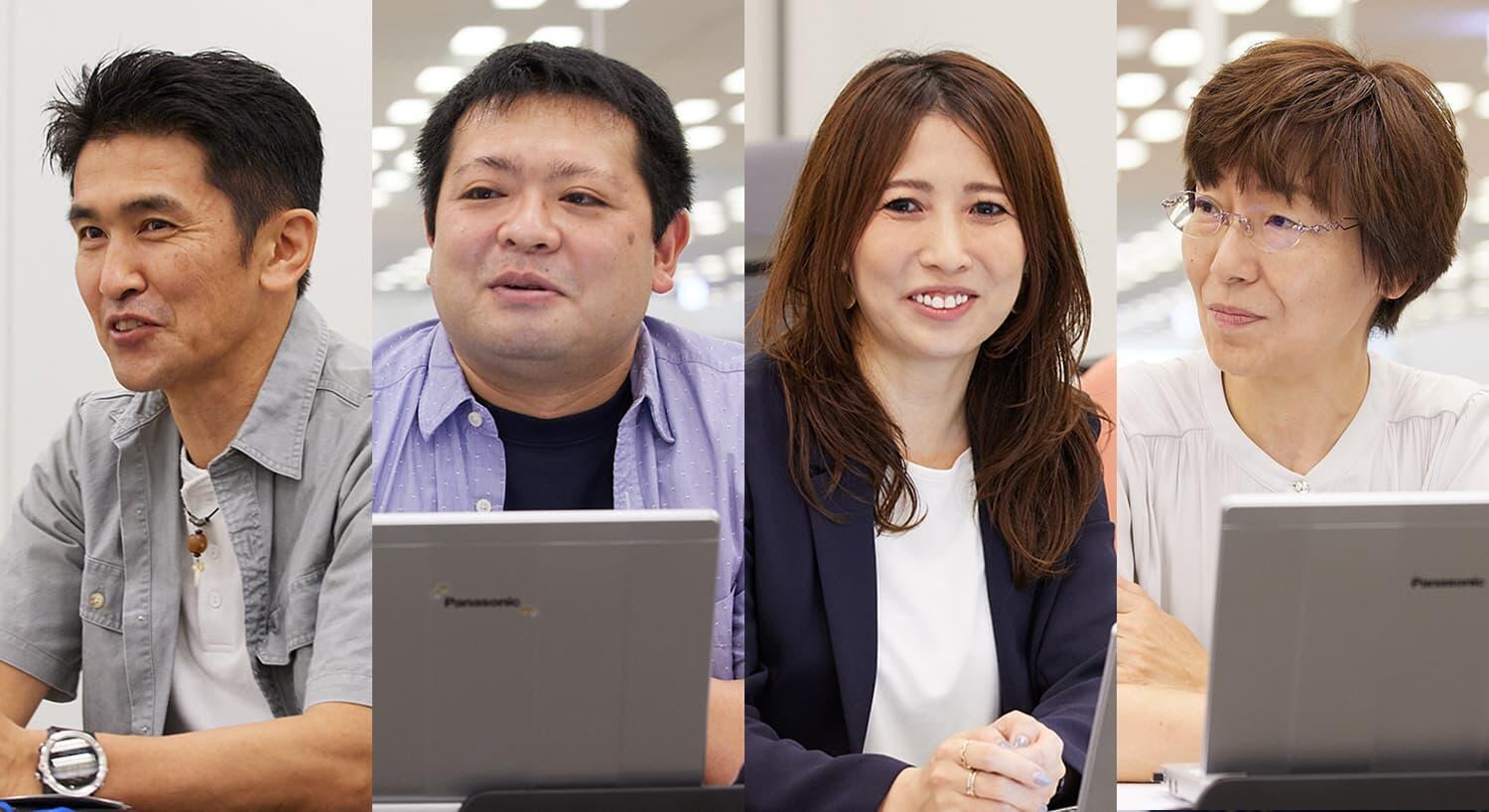
There were three main things we worked on to implement and successfully transition the center operations to home-based operations while maintaining the same productivity and quality as the existing centers.
The first was to “build an infrastructure that ensures security.” ASKUL’s network was complex, and communicating large amounts of data remotely while ensuring security at home was quite a challenge. Therefore, ASKUL and BELLSYSTEM24 worked together to create the best system environment through various tests and discussions. ASKUL’s project staff also said that they carried out the same simulation many times using the same set as the agents.
Their agents also persevered during the test to ensure that the voice quality and response speed were at the level required for customer service. “Despite a lot of trial and error, we were able to have smooth voice calls and communications, thanks in large part to the diligent support we received for each of our agents for installation and configuration,” said Mr. Fukuda.

The second was “operational review and redesign.” Even if a high-level infrastructure is built, it will not run well without a smooth operating system. Therefore, we built a design and operation that does not result in duplication.
Operations will differ between customer centers and work from home. For example, unprecedented operations are required, such as procedures for members who work from home to send mail to customers. Even so, if two different operations are implemented, both managers and agents will be confused. They said it was a headache for them. Therefore, BELLSYSTEM24 felt the need to redesign their operations, so that we identified all operations, organized the roles of managers, and consolidated home and center operations as much as possible.
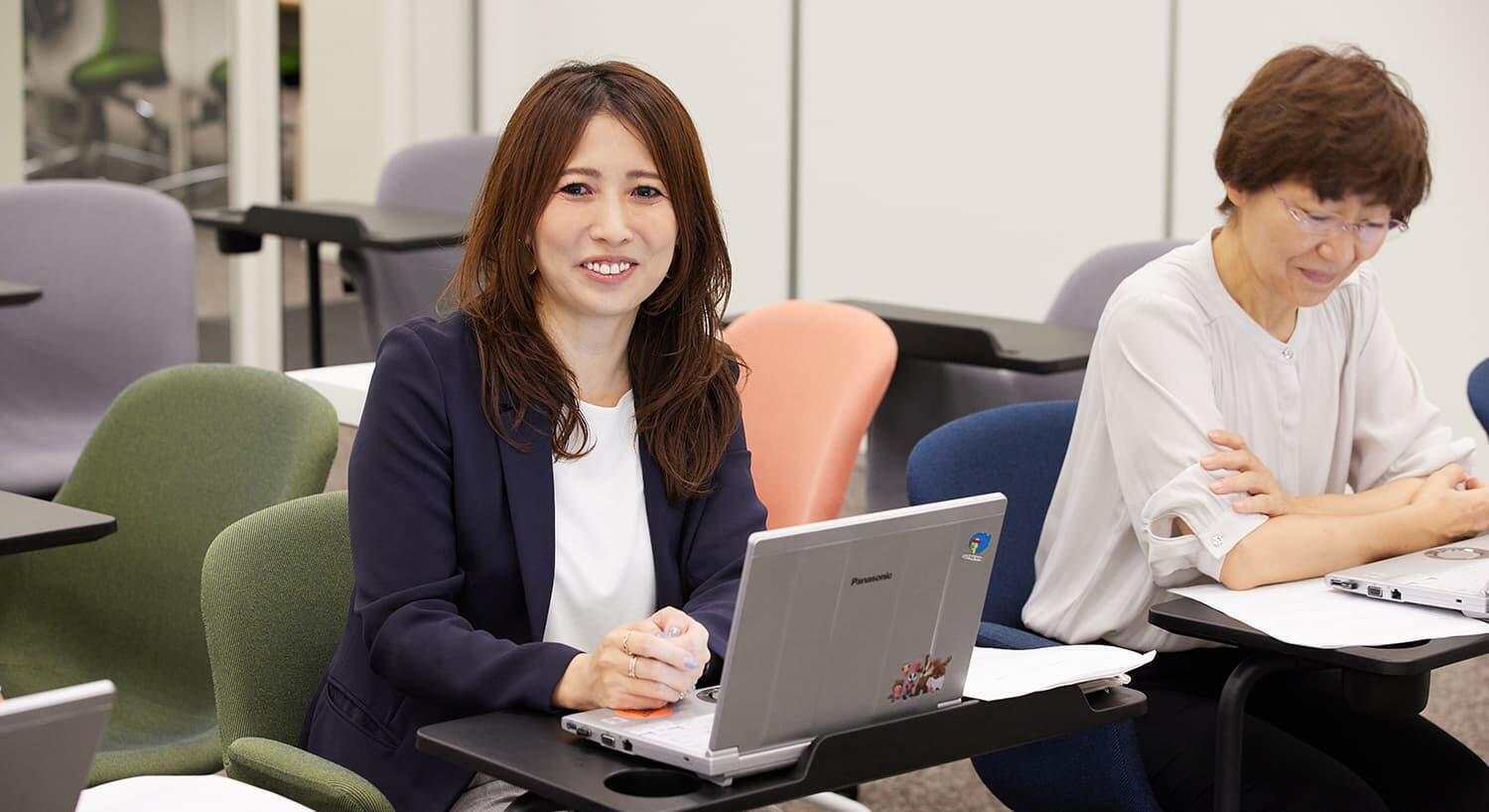
The third was “training and support for communicators.” We created a manual so that customer service can be provided from home without compromising quality, and at the same time, established a new troubleshooting staff member in charge of work from home and a dedicated computer literacy officer. They responded quickly to communicators’ problems and concerns. In addition we collected the details of problems and their solutions and created a troubleshooting collection. We also worked to continuously improve literacy, such as by formalizing the manners of text communication.
Furthermore, we have established a careful and thorough communication flow to ensure that home-based agents are not isolated and can work without stress. “A key factor in the success of the transition to work from home was the proactive care given to the agents, such as increasing the time and frequency of one-on-one follow-ups,” said Mr. Fukuda.
The percentage of customer center employees who is up for work from home, which is being phased in, is currently about 28%, but they say it has already had a variety of positive effects.
One is that work-from-home made employees possible to work who find it difficult to come to the center due to family circumstances or other reasons. As a result, the turnover rate has decreased by about 2% between 2020 and September 2022.
They also expect it is effective in terms of recruitment. For example, being able to work from their home is a great advantage because working in Toyosu, where ASKUL’s headquarters is located, would limit the number of routes.
Above all, they say, being able to ensure business continuity at home, not only during this COVID-19 pandemic, but also in the event of a natural disaster or other emergency, is a major achievement. For example, even when it is difficult to come to the center due to a typhoon, the hybrid operation of home and center allows the business to continue. Customer centers are making a significant contribution to keeping operations running as part of the social infrastructure.
In addition, when working on this transition to work-from-home, BELLSYSTEM24 approached the company, saying, “Let’s use this as a model case to be expanded to other sections and contractors of ASKUL.” “I think it’s a common attitude that people don't want to share their know-how with others, but we are very grateful that they said, ‘it's necessary in order to contribute to the efficient operation of ASKUL’s contact centers as a whole,'” said Mr. Fukuda. Based on this successful case study, they are now preparing a process manual that will outline the procedures, role assignments, keys of implementation, and more for horizontal use by other center business contractors.
ASKUL aims to increase the percentage of its customer center employees who is up to work-from-home to about 30% by the end of this fiscal year. Expanding recruitment nationwide by shifting to work-from-home is expected to utilize a more skilled workforce. “BELLSYSTEM24 always makes aggressive proposals, and we hope they will continue to take on challenges with us in the future,” said Mr. Fukuda.
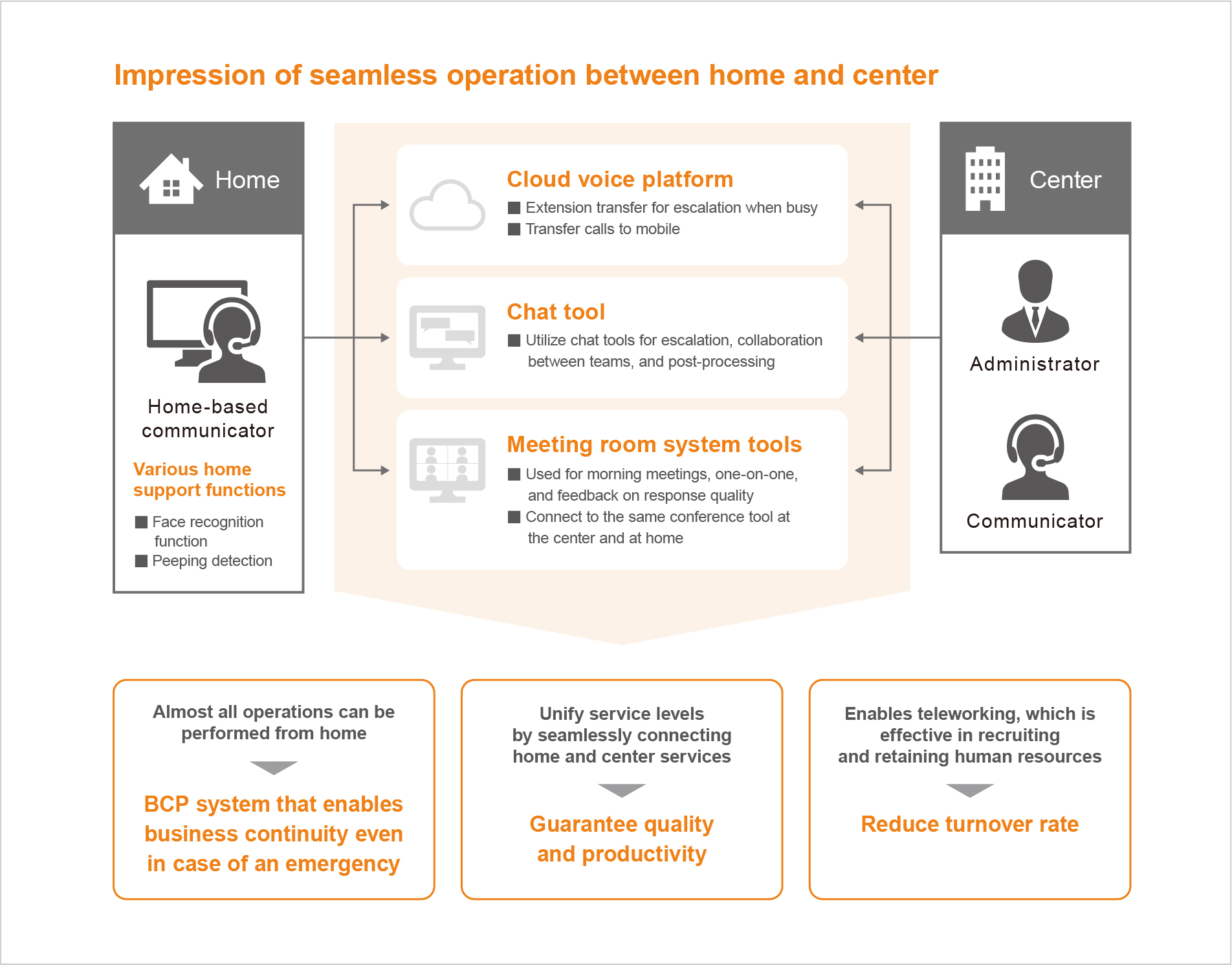
ASKUL Corporation
Corporate website:https://www.askul.co.jp/kaisya/

Launched mail-order service for companies, “ASKUL” in 1993, and e-commerce service for individuals, “LOHACO,” in 2012. Provides nationwide same-day and next-day "Coming Tomorrow" delivery service from its own EC distribution centers nationwide. Across the value chain, from product development to the last mile, the company fosters co-creation with manufacturers and partners to maximize the use of data and technology to drive business transformation from both cyber and physical perspectives. The company aims to continue to be a social infrastructure that realizes the company’s Purpose, “We will continue to bring ‘joy’ to the workplace, to people’s lives, and to the future of the Earth.” Sales for the fiscal year ended May 2022 are 428.5 billion yen. The number of employees is 3,380 (consolidated / as of May 20, 2022).